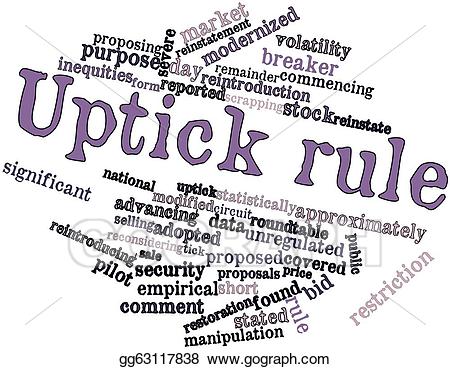11 risk management rules for the trader
Risk control is an essential part of successful trading. Effective risk management requires more than careful monitoring of the size of the risk, but also a strategy to minimize losses. Understanding, how to control the amount of risk allows a trader, beginner or experienced, continue trading even then, when unexpected losses occur. One of the authors of articles for Stocks & Commodities offers guidance on risk control. Since every trade is subject to a certain degree of risk, applying some general principles of risk management will reduce potential loss. Some generally accepted axioms of risk control are listed below and can be applied by all., who when – either traded or is thinking about it. The rule 1: Do preliminary homework. Do your homework before the deal – it's a duty, which cannot be replaced by anything. There is a well-informed seller for every buyer, and there is a well-informed buyer for every seller. Everyone tries to maximize their profits.


